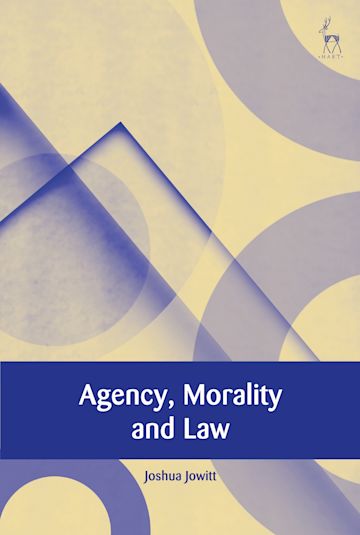This product is usually dispatched within 3 days
Free US delivery on orders $35 or over
You must sign in to add this item to your wishlist. Please sign in or create an account
How does law possess the normative force it requires to direct our actions?
This book argues that this seemingly innocuous question is of central importance to the philosophy of law and, by extension, of the very concept of law itself. It advances a position grounded in the secular natural law tradition, and in doing so addresses the two success criteria for this position head on:
Firstly, that commitment to the existence of a supreme moral principle is required;
Secondly, that any supreme moral principle must be identifiable through human reason.
The book argues that these conditions are met by Alan Gewirth's Principle of Generic Consistency (PGC), which – through a dialectically necessary argument – locates the existence of universally applicable moral norms in the concept of agency. Given the very purpose of law is to guide action, legal norms must be located in a unified hierarchy of practical reason. It follows that, if law is to succeed in claiming to be capable of guiding our action, moral permissibility with reference to the PGC is a necessary condition of a rule's legal validity.
This strong theory of natural law is defended throughout, both against moral sceptics and positions within contemporary legal positivism.
| Published | Apr 18 2024 |
|---|---|
| Format | Paperback |
| Edition | 1st |
| Extent | 184 |
| ISBN | 9781509947720 |
| Imprint | Hart Publishing |
| Dimensions | 9 x 6 inches |
| Series | European Academy of Legal Theory Series |
| Publisher | Bloomsbury Publishing |

This book is available on Bloomsbury Collections where your library has access.
Free US delivery on orders $35 or over
Your School account is not valid for the United States site. You have been logged out of your account.
You are on the United States site. Would you like to go to the United Kingdom site?
Error message.

